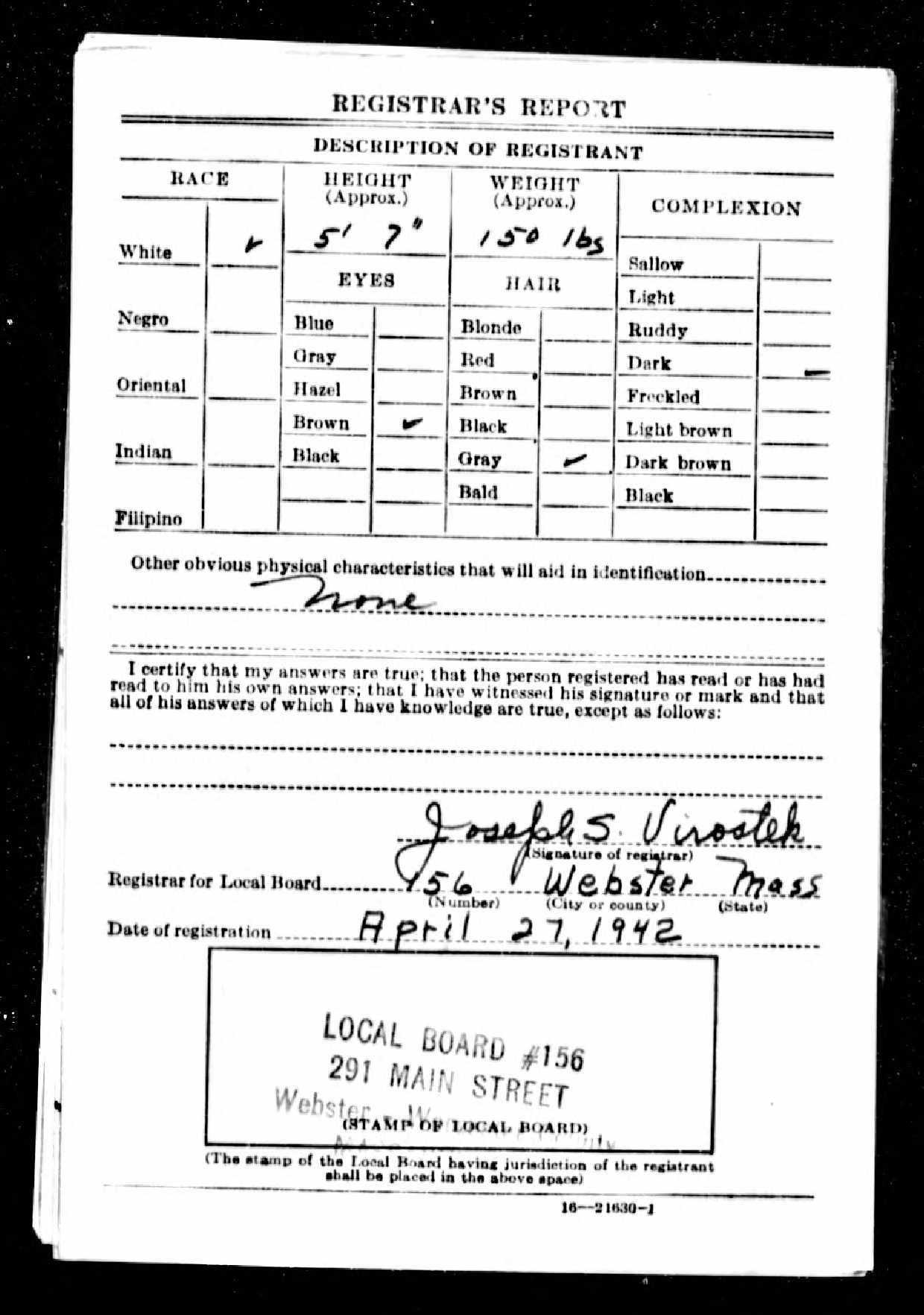

In many ways, the resort and the town seem to be in dialogue with The Godfather, especially GF2. The Palazzo turned out to be the perfect place to prepare for my rendezvous with Coppola. After I’d lingered in the rooms of the hotel and walked the streets of that tiny, sunstruck hilltop town, we’d talk. In fact, in preparation for the interview, he wanted me to visit one of his proudest possessions, the Palazzo Margherita, in Bernalda, Italy. In the way of old men, he’s got a keen interest in real estate, particularly his vineyards and resorts. Of course, by the time I’d managed it, he was old, a lion in winter, at work on perhaps his final film. A few months ago I finally got my chance. I’ve tried to meet Coppola time and again, but he does not talk much to reporters. For what is young Michael Corleone, the overlooked baby brother who suddenly finds himself battling a crooked monster cop, but young David with his slingshot and pebble? And what is old Michael Corleone, the black heart who puts a hit on his own brother, but old King David, who has sinned and must be punished. Meeting Coppola would be like meeting the scribe who wrote the books of Samuel, Kings, and Chronicles, which tell the story of King David, a story The Godfather seems to mimic and elaborate on. The particulars were different, but the violence was the same, the crossing, and hope, and promise of the New World. The Godfather is the Bible of American Life, the story of our grandparents who fled Poland and Russia and Ireland and wherever in just the way Vito Corleone fled Sicily.

I love many of his films- The Conversation, Apocalypse Now, The Outsiders-but The Godfather is special.

Like millions of Americans, I’ve long been infatuated with Francis Ford Coppola, director of those movies. “You,” my father would say, eyes on the screen. This was me being weak, fishing for compliments, expecting, as the youngest brother, to be compared to Michael. A good son, but not necessarily a good don.” (If we don’t, someone else will.) On many occasions, as I was leaving the house, my father called me back, saying, “Sit with me and watch The Godfather and learn something. Because of the films, we know to never let anyone outside the family in on what we’re thinking, to keep our friends close but enemies closer, to control our women when they get out of hand on the dance floor. When offering exegesis on a particular scene, we are, in the way of scholars, to refer to GF1, GF2, or the non-canonical GF3. We are encouraged to study the movies for signs and portents and use its plot points and aphorisms as a life guide.

In my family, there’s no distinction between The Godfather and theology.


 0 kommentar(er)
0 kommentar(er)
